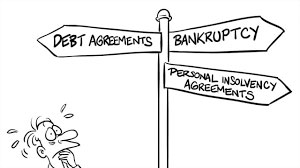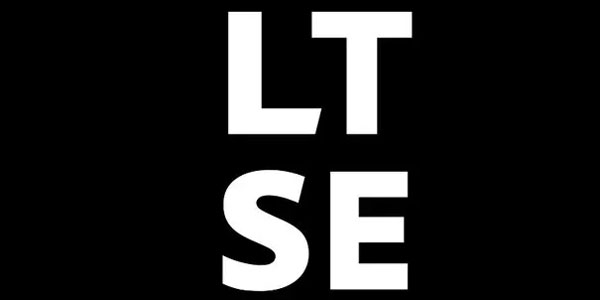Bankruptcy law Part IX, enacted in 1966, governs measures for debtrelief. To avoid bankruptcy, a debtor and their creditors must enter into a legally binding debt agreement. To receive any payment from a bankrupt borrower, creditorsmay agree to accept a lower amount paid in installments over time. However, an agreement to settle debts is regarded as a bankruptcy act and allows the creditor to consider the debtor bankrupt as a result of that act.

A debt settlement agreement may be reached by following the steps outlined in this section.
What is a Debt Agreement?
Entrance is into a debt agreement.
An indebted person must be unable to pay back their obligations.
Unsecure obligations, assets, earnings of the debtor must begin all fall below a specific limit. As of right now, the maximum amount of unsecured Debtand property is about $115,800, while the total amount of unsecured income is around $87,000. Every six months, these numbers are indexed and released.
AFSA may request information about the debtor's financial situation or assets to verify that the stipulated monetary restrictions are met. AFSA cannot alter the economic conditions in any way, shape, or form.
If a person has been in a debt agreementor gone bankrupt within the previous ten years, they are ineligible to propose a debt arrangement.
Requirements of Debt Agreement
The administration must perform reasonable inquiries into and confirm the debtor's financial status to run a debt arrangement. Before submitting the petition, the administrator must verify that the debtor can perform the obligations under the contract.
Generally, payments cannot exceed a set proportion of the debtor's income, established by the Minister of Finance. The middle-incomedebtamount is included in the calculation used to compute the mandated percentage to safeguard financially disadvantaged borrowers.
The creditors must approve the proposal.
The proposal is forwarded to creditors for approval when the fee has been paid, and AFSA has accepted the plan. For a project to be approved, the debtor's creditors must vote in favor of the proposal by a majority (measured by the total amount of their loans).
By the agreement, all creditors who have provable obligations against a debtor when the debtor's information is entered ,(NPII) are obligated to pay the debtor, including those who voted against the plan in the previous round of voting. Consequently, it is vital to ensure that all debts have been taken into account throughout the process.
It is not possible for the debt agreementadministrator or any linked body to vote on proposals for debt agreements submitted after June 27, 2019.

Effectiveness of a Debt Agreement
As a result of the NPII, creditors' indebtedness is fixed as far back as the time upon which the proposal was submitted. Interest is not accumulated, and creditors cannot commence or continue to take legal action against the debtor to restore their debtsand obligations.
The debtor is free of all obligations to a creditor covered by the agreement after all payments have been fulfilled. After the debt agreementbegan, debts accumulated after the agreement began may still be collected, and some categories of debts cannot be included in a debt agreement.
The National Payments Information Institute keeps this information on file for up to 5 years after the end of a debtor's repayment arrangement. An agreement reached but later withdrawn or rejected and otherwise fails to progress is retained by the NPII for one year. When a contract is terminated, a discontinued debt agreementis kept on file for just a period of up to two years after it is completed.
On a person's credit report, the information is likewise kept for the same length of time as the NPII.

Discontinued a debt agreement
Following six months of non-payment under the terms of a debt settlement agreement, the agreement will be immediately terminated by default. Another reason to conclude a contract is if the debtor plans to submit a debtor's petition with the bankruptcy court before the contract expires (go bankrupt).
Debtors may request that the terms of an agreement be changed, but this requires a decision by all of the creditorswho would be affected, and the payments must not be more than the proportion of income to payments under the debt agreement. Furthermore, the agreement's entire term cannot exceed three years in the total time.
If a debt arrangementis dissolved, the impacted creditors are free to pursue the remaining balance of any payments owed unless such debtor is declared bankrupt, which they are not.




